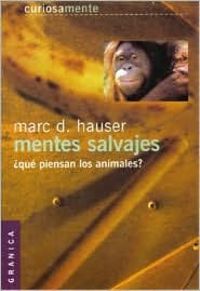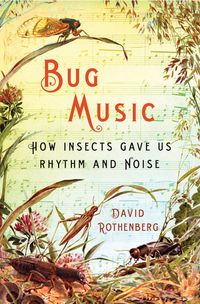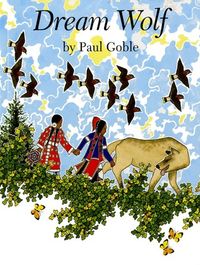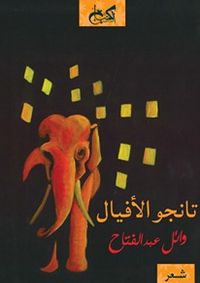
Mentes Salvajes
A Brain, Natural History, Biology book. This book embodies everything that I loathe about cognitive science, a...
What's that squirrel thinking as it runs across the street? Behavioral neuroscientist Marc D. Hauser asks big questions about little brains in Wild Minds: What Animals Really Think. While his subjects aren't accessible for interviews, he believes that we can gain insight into their interior lives by examining their behavior in the context of their social and physical environments. Thus, while comparing the actions of chimps, rats, honeybees, and human infants, he is careful to keep in mind that each of them has different needs that require different kinds of intelligence and emotion and ought not be judged by the same criteria. Looking at counting, mapmaking, self-understanding, deception, and other intelligent activities, Hauser shows that the birds and the bees have more on their minds than we've come to believe. Acknowledging the vast gulf of language that separates our species from all others, he still maintains that this tool is but one of many and is no better an indication of "superior" intelligence than is the bat's fantastically well-developed echolocation system. In the last chapter, Hauser looks at moral behavior and decides that animals can be "moral patients but not moral agents"--that is, their inability to attribute mental states to...
Download or read Mentes Salvajes in PDF formats. You may also find other subjects related with Mentes Salvajes.
- Filetype: PDF
- Pages: 391 pages
- ISBN: 9788475779119 / 8475779115
rk2-fp_dh8b.pdf
More About Mentes Salvajes
This book embodies everything that I loathe about cognitive science, a field that I would adore if people were smarter and technology were at a point where we could study the brain in a more meaningful way. As it stands, we're torn between the meticulous logic of the observations we can do and grand assumptions about the workings of... Didn't like it, quit. Its pretty interesting but all of the evolution trash talk wasn't necessary. The things people have learned about how animals think are not affected in the least by whether or not they believe those animals developed from other animals. Still, a very interesting book. I enjoyed it.











